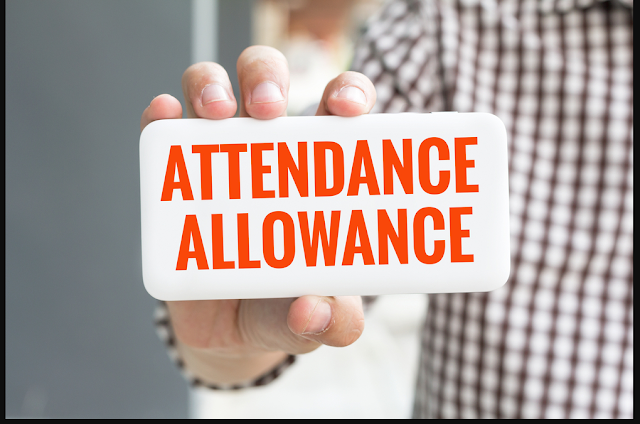Bookkeeping and Accounting: What’s the Difference?
Bookkeeping and accounting keep your small business ship sailing. Are you conversant in how each can benefit your business when done properly? Does one have a transparent understanding of how both disciplines impact your small business taxes? Well if not, allow us to clear things up.
The first thing you ought to know is that bookkeeping and little business accounting isn't an equivalent thing. They sound similar but they're not interchangeable roles. And while they're complimentary of every other, they each play a selected role in serving your business. believe it this way…booking focuses on the everyday tasks that maintain your business’s finances while accounting for little business considers the large picture strategy to stay your business strong and growing.
Bookkeeping tracks and records important financial information. Accounting puts that information to good use. Make sense? Good. Now, you recognize what to expect from each party. you'll also expect both your bookkeeper and account to figure closely together to make sure information is accurate and you're found out for fulfillment. Especially during tax time, January through April.
Key Differences in Bookkeeping and Accounting
We’ve explained the difference within the concept behind bookkeeping and accounting. But, the difference between the 2 really is within the details.
The traditional role of a little business bookkeeper involves managing the day-to-day financial record keeping of a business. because the name implies, they're truly keeping the books. meaning transactions get plugged into the QuickBooks or whichever accounting software is getting used. Spreadsheets are updated. Bank statements get reconciled at the top of every month. And, financial statements are prepared. In small businesses especially, you’ll often see bookkeepers paying bills, cutting checks to employees, invoicing clients, and making deposits.
So, what’s the accountant doing during this time?
Small business accounting involves analyzing the business’s financial trends and forecasts so as to advise business owners of the way to stay the operation financially sound. They also work to organize for and minimize your small business taxes. This involves producing monthly and quarterly statements and making quarterly tax filings.
Changes in Bookkeeping Methods
It’s perfectly understandable if you thought bookkeepers and accountants did an equivalent thing. After all, they both deal in numbers. And for several folks, numbers turn our minds to mush. But beyond that, dramatic changes in software and technology have streamlined many traditional accounting and bookkeeping processes.
Not Your Grandfather’s Bookkeeping
Speaking of technology, it has become so prevalent in modern bookkeeping and accounting that bookkeepers are now often consulting clients on technology stacks that will help them optimize their business. At the same, accountants are playing their role as tax coaches. They design small business tax strategies for businesses to make sure money stays within the business rather than needlessly getting to the govt. And, because business income is often directly linked to non-public income, the accountant’s tax advice can carry over to the business owner’s personal finances and taxes. Consider it a tax-taming twofer.
Clearly Defining Accountant Roles
Naturally, the blurring of accountant/bookkeeper duties can create some confusion. This is the reason that the difference between accountant and bookkeeper needs to be clarified. As an example, in some states, like Texas, an individual must be a licensed public accountant to even be ready to call him or herself an accountant. Other states only require you to possess a degree in accounting. no matter what they call themselves, the foremost important thing for you to try to do is to ask your prospective accountant or bookkeeper what specific roles they're going to perform for you and your business.
Which is Best for Your Business?
It is best for you and your business to hire both a bookkeeper and an accountant. Their varied perspectives on your finances can help ensure you’re able to anticipate problems and have the acceptable solutions ready to go. to rent only one or the opposite could leave you with an incomplete picture of your company’s financial health. The more eyes searching for your business, the higher. By hiring bookkeeper and accountants for your business, it will help you to manage all your accounts
Finding the Best Accountant for your Business
Finding the proper bookkeeper and therefore the right accountant for your small business isn’t as difficult because it might sound.
Here’s another thing to consider: Unlike other companies, ACCOTAX Accountants and tax consultants cater to both bookkeeping and accounting needs. We will provide you with excellent financial management also as long view advice to assist you to create the simplest decisions for your company. Why not contact us now? We’re able to discuss the simplest solutions for you.



Comments
Post a Comment